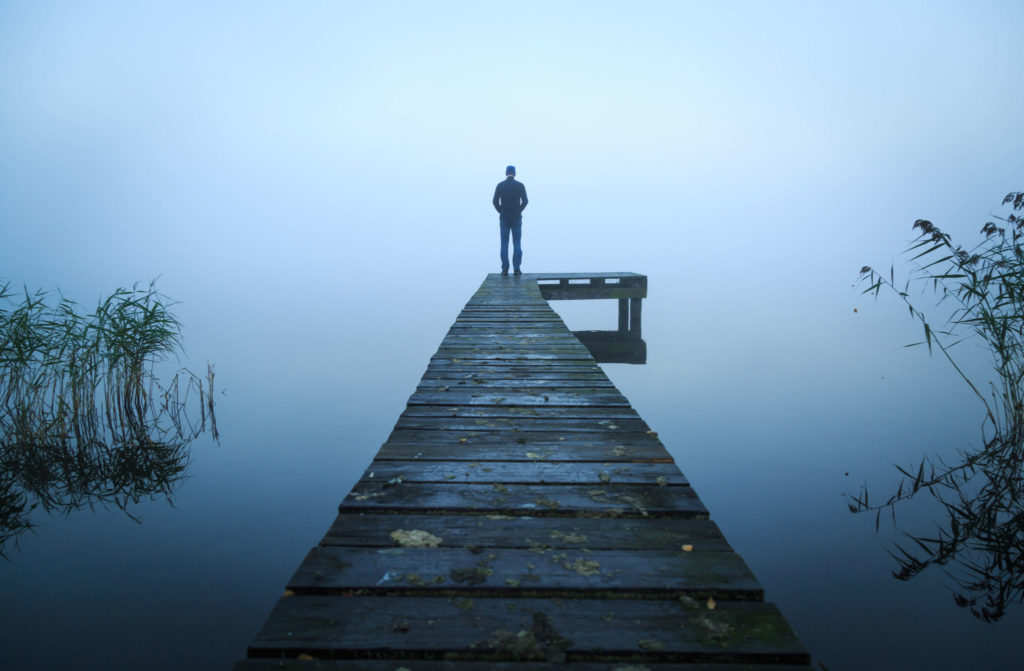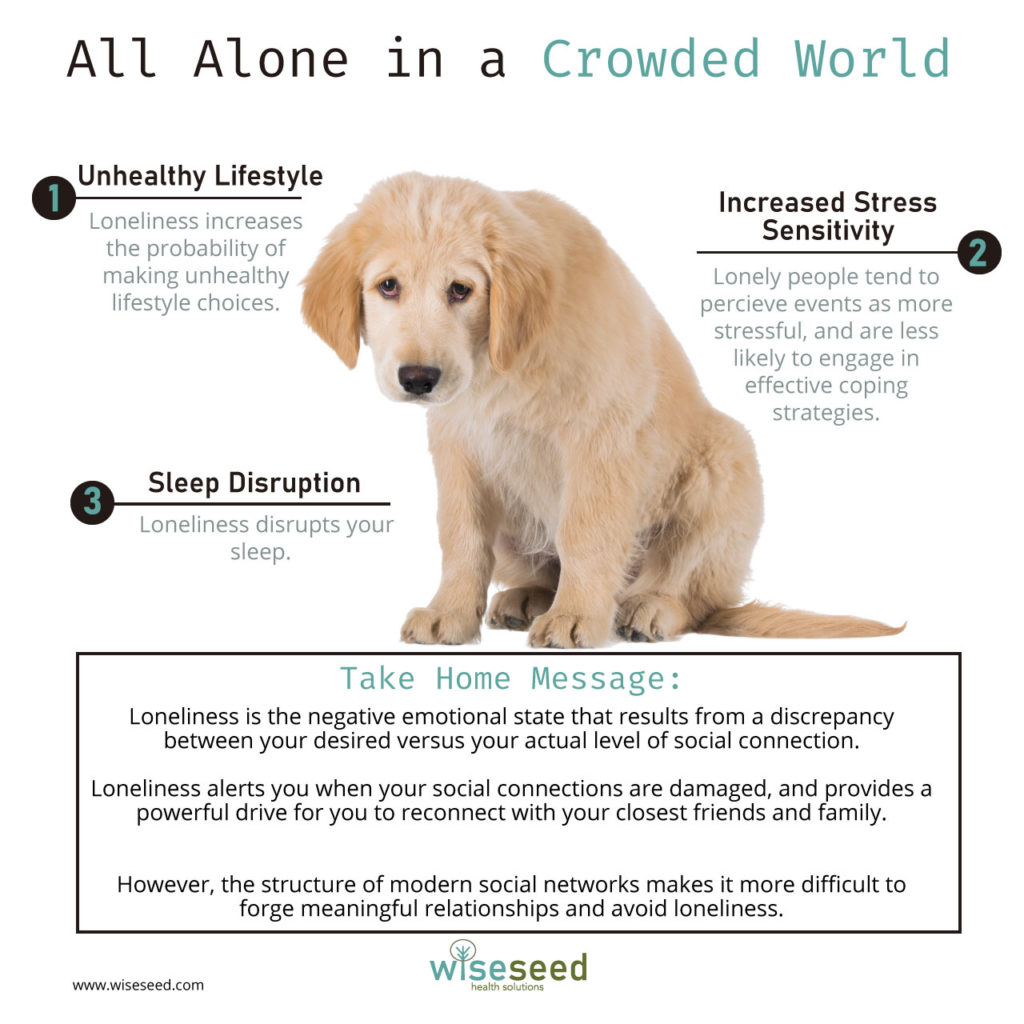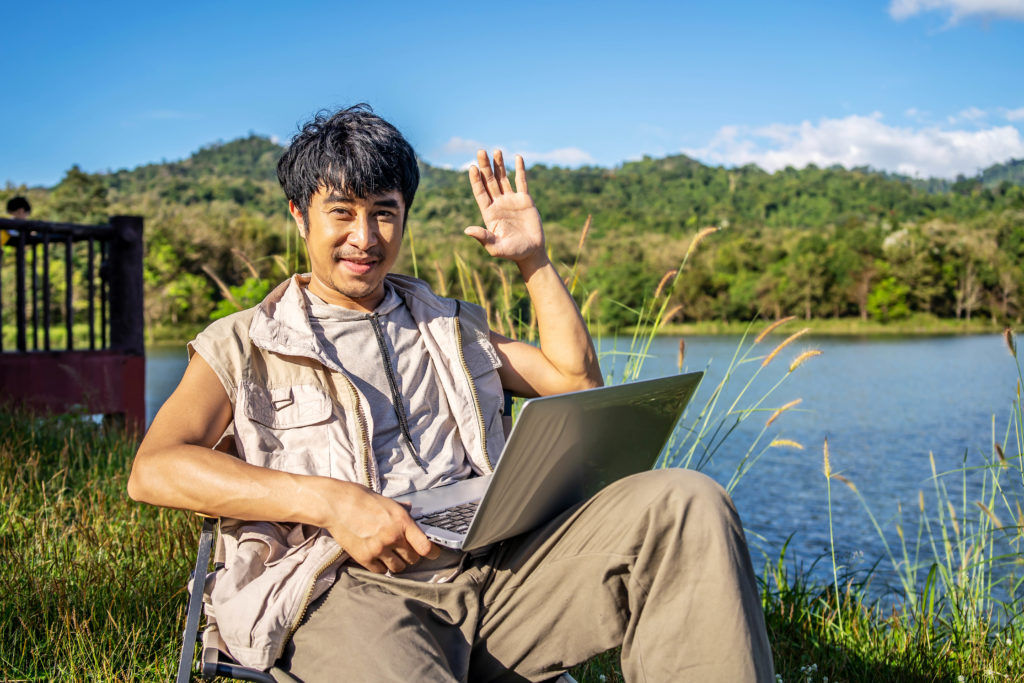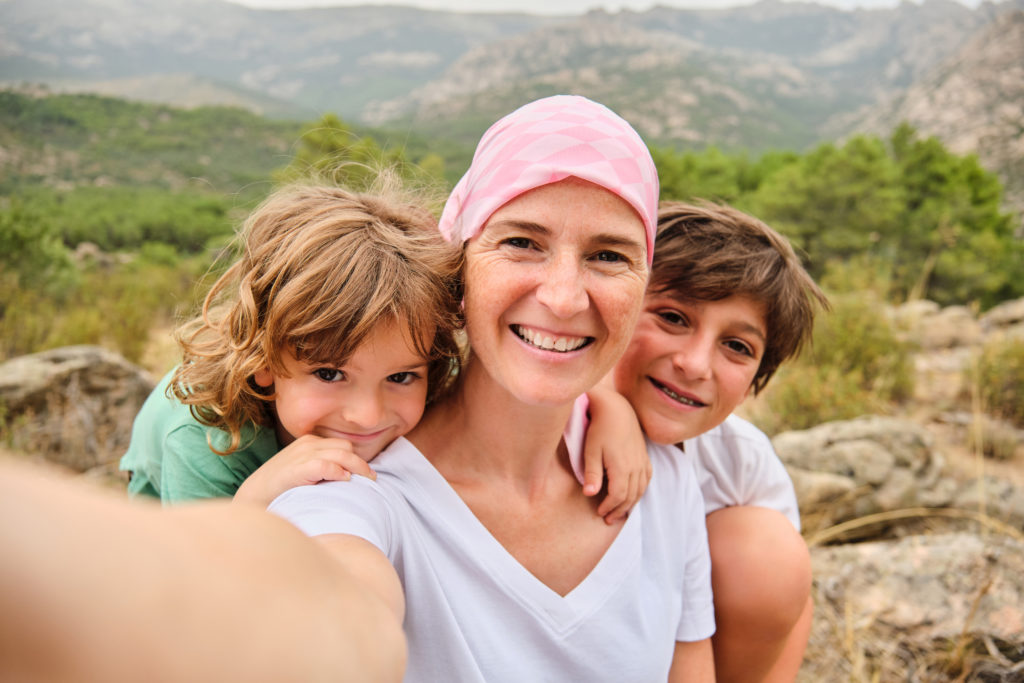Loneliness Part 1: All Alone in a Crowded World

‘This world that I live in is empty and cold/the loneliness cuts me and tortures my soul.‘
Waylon Jennings
Loneliness and Resilience
Maintaining close connections with family, friends, and colleagues is essential for human flourishing.
Why? Because being integrated within a close-knit community provides invaluable support when confronting life’s inevitable setbacks.
To our surprise, we received a number of negative comments regarding our articles on social integration.
In most cases, this feedback was a genuine expression of pain from people who felt isolated and alone, often despite being connected to hundreds of people on social media.
As I’m no stranger to loneliness, I decided to do some research and see what can be done to help those who feel socially isolated.
Feeling lonely? If so, you are not alone.
The more I read, the more convinced I am that is loneliness is a widespread phenomenon. In fact, researchers argue that loneliness should be considered a modern epidemic that is causing considerable harm across our community (1, 2).
For example, it’s estimated that around 75% of Californians experience moderate-to-severe loneliness that is associated with negative physical and psychological health outcomes (2).
Further, the epidemic of loneliness isn’t restricted to Western societies, as around 78% of older adults in rural China also experience moderate-to-severe loneliness (3).
What is loneliness and why do you experience it?
Loneliness is the negative emotional state that results from a discrepancy between your desired versus your actual level of social connection (1). Lonely individuals perceive themselves to be socially isolated, even when they are among other people (1).
It’s important to understand that loneliness is subjective.
Your personal experience of loneliness is determined by your genetics, your social context, and your current psychological state (4). This explains why you are more vulnerable to experiencing loneliness during stressful times of your life, such as after a difficult breakup, during illness, or losing your job.
But why do you experience loneliness in the first place?
The evolutionary theory of loneliness proposes that loneliness alerts you when your social connections are damaged or weakening (4). Because feeling lonely is so awful, loneliness provides a powerful drive for you to reconnect with your closest friends and family (4). Keeping in mind that social isolation meant almost certain death for our hunter-gather ancestors, it makes perfect sense that we evolved such a powerful emotional drive to stay intimately connected with members of our tribe.
Loneliness: a vicious cycle.
However, we no longer live within tribal groups. Therefore, most people don’t enjoy regular face-to-face contact with their friends and family.
Unfortunately, this makes it more difficult to establish and maintain close social ties. Furthermore, our modern social networks are more complex, more superficial, more unpredictable, and far more polarized than our ancestral tribal networks.
Thus, even though your social network may be orders of magnitude larger than those of your ancestors, it’s far more difficult to establish and maintain close social connections within your modern super network (2).
In addition, loneliness increases negative emotions such as anxiety, depression, frustration, and rage (5).
This means that when you are lonely, you tend to focus on the negative, react more strongly to stressful situations, and be on your guard in social settings. Lonely people are often hypervigilant to social threats and are more likely to respond negatively in social situations (5).
This defensive behavior and negative demeanor risk deepening social isolation and increasing loneliness, acting as a loneliness-reinforcing feedback loop (5).
Thus, the structure of modern social networks makes it difficult to develop and maintain deep social connections. In addition, social isolation encourages defensive behaviors that can trigger a vicious cycle of loneliness. This depressing one-two combination may help explain the modern loneliness epidemic (2).
How does loneliness impact your physical health?
We all know that loneliness is awful, but you may not be aware of just how unhealthy loneliness can be. In fact, loneliness has a similar impact on your overall mortality as smoking (2)!
1. Unhealthy Lifestyle Choices
Loneliness, it seems, encourages unhealthy lifestyle choices (6).
For example, lonely adults are more likely to be obese, or to smoke, when compared to socially integrated adults (6). This completely understandable response to social isolation can (obviously) reduce the health of lonely individuals.
2. Increased sensitivity to stress
Although loneliness does not increase the number of stressful events you are likely to experience, it does impede how well you respond to stress. In general, lonely people tend to perceive events as more stressful and are less likely to apply effective strategies when coping with stress (6).
The reduced capacity of lonely people to deal with stress negatively impacts their health.
Notably, lonely people experience a higher vascular stress response which, over time, increases their blood pressure (6). Lonely people also experience chronic hormonal stress (6). This leads to increased inflammation and reduced immune function in lonely individuals (6).
3. Disturbed Sleep
Loneliness disrupts your sleep (6). Chronic sleep disruption contributes to many serious health problems, including cognitive decline, chronic inflammation, and a reduced ability to repair your body.
Take Home Message
Unfortunately, the increasing complexity, superficiality, and polarization of modern social networks make it difficult to forge meaningful relationships. Thus, despite being more connected than ever, we find ourselves in the throes of a loneliness epidemic.
The good news is that if you are lonely, you aren’t alone. Many people are lonely right now.
The bad news is that loneliness remains a universally awful experience, and it’s also bad for your health.
Stay tuned for our follow-up articles on loneliness, where we outline some important strategies to help you overcome loneliness and refocus your efforts on getting the most out of life.
Please click on the link below to download your free pdf.

References
1. J. T. Cacioppo, S. Cacioppo, The growing problem of loneliness. The Lancet 391, 426 (2018).
2. D. V. Jeste, E. E. Lee, S. Cacioppo, Battling the Modern Behavioral Epidemic of Loneliness: Suggestions for Research and Interventions. JAMA Psychiatry 77, 553-554 (2020).
3. G. Wang et al., Loneliness among the rural older people in Anhui, China: prevalence and associated factors. Int J Geriatr Psychiatry 26, 1162-1168 (2011).
4. A. W. M. Spithoven, S. Cacioppo, L. Goossens, J. T. Cacioppo, Genetic Contributions to Loneliness and Their Relevance to the Evolutionary Theory of Loneliness. Perspect Psychol Sci 14, 376-396 (2019).
5. A. Rokach, The psychological journey to and from loneliness: development, causes, and effects of social and emotional isolation. (Academic Press, 2019).
6. L. C. Hawkley, J. T. Cacioppo, Aging and loneliness: Downhill quickly? Current Directions in Psychological Science 16, 187-191 (2007).
Acknowledgements
Images by SanderStock and Ericlefrancais
Disclaimer
The material displayed on this website is provided without any guarantees, conditions or warranties as to its accuracy.
Information written and expressed on this website is for education purposes and interest only. It is not intended to replace advice from your medical or healthcare professional.
You are encouraged to make your own health care choices based on your own research and in conjunction with your qualified practitioner.
The information provided on this website is not intended to provide a diagnosis, treatment or cure for any diseases. You should seek medical attention before undertaking any diet, exercise, other health program or other procedure described on this website.
To the fullest extent permitted by law we hereby expressly exclude all warranties and other terms which might otherwise be implied by statute, common law or the law of equity and must not be liable for any damages whatsoever, including but without limitation to any direct, indirect, special, consequential, punitive or incidental damages, or damages for loss of use, profits, data or other intangibles, damage to goodwill or reputation, injury or death, or the cost of procurement of substitute goods and services, arising out of or related to the use, inability to use, performance or failures of this website or any linked sites and any materials or information posted on those sites, irrespective of whether such damages were foreseeable or arise in contract, tort, equity, restitution, by statute, at common law or otherwise.

Ten Minutes is All You Need
Research has shown that ten minutes of moderate-to-vigorous exercise performed each day is enough to significantly reduce your risk of early death.

Ten Minutes is All You Need
Research has shown that ten minutes of moderate-to-vigorous exercise performed each day is enough to significantly reduce your risk of early death.


